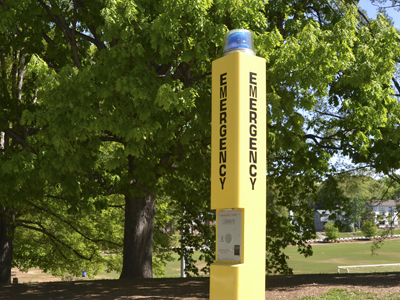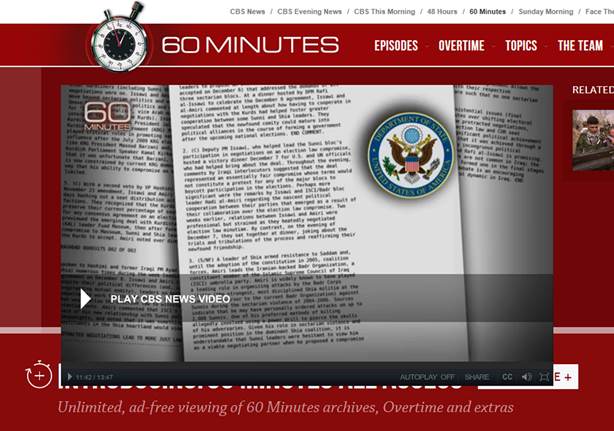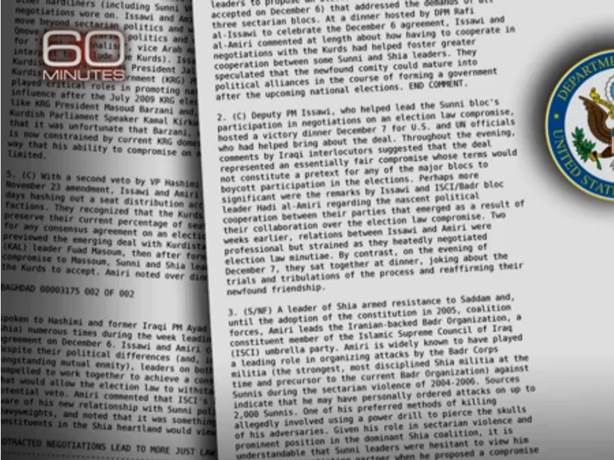Sometimes you need an angel. Maybe a guardian angel, maybe an avenging angel. Maybe just someone who can step in to help in a touchy situation.
But how do you call that angel when you need them?
In the “harebrained scheme” department, I first thought about this a year or so ago, when I was at a local watering hole with some old office mates. Simply, I wondered whether bars, restaurants, and other “date night” kinds of places, or even stadiums, might install simple alert systems in their women’s restrooms. They might not rise to the level of being “panic buttons” — then again, they might.
Maybe these already exist in some places — I don’t go in the ladies’ rooms, so I wouldn’t know. But I only found a couple of references to restroom call buttons on the Interwebz, plus a recent article on panic buttons being given to housekeepers in Chicago hotels, so I get the impression that this isn’t a common accessory.
Anyway, the way I figured it, the button could send a discreet signal to the management (e.g., a light behind the bar at a pub, a security office in a stadium) so they could send someone to assess the situation and call for help, if needed. In general, it would be the same principle as the emergency telephone pylons installed on college campuses years ago, from which people can summon the campus police.

(Image from the Clemson University campus safety operations page.)
It seemed to me that something like that might be useful for ladies whose dates are becoming threatening, or who feel they’re being stalked. It might also be used by other women who see someone being abused but who aren’t prepared themselves for a confrontation.
It wouldn’t have to be limited to ladies’ rooms, but at the risk of being considered sexist I thought of it as primarily a ladies’ room addition because it seemed to me the need would be greater there than in a men’s room. Also, the potential problem of overuse and especially prank use (“crying wolf” or even trying to distract the management) would seem to be higher among men — and particularly young men.
Again, maybe this kind of “Angel Call” thing already exists. If not, I imagine it could be pretty simple to build and install — a one-to-one transmitter-to-receiver RF link would do the trick. Alternately, a wifi-and-app-based system, maybe like the “Rave Guardian” app, might be useful in large venues with multiple restrooms and a central security office (call it the “Staydium Safe” or somesuch).
Granted, I guess venues might not want to install something like that. Staff would have to be trained on how to deal with different possible situations — when to watch, when to speak, when to call the authorities, etc. — which could raise some liability issues. And since staff are there to do specific jobs, this kind of customer assistance would be “above and beyond.” Add in the difficulty of false reports, which might lead managers and workers to ignore the signals, and it might cause more problems than it solved.
Then again, it could be geared toward making certain nightspots “blind date safe.” In this age of Tindr and Match and eHarmony and whatnot, that might actually bring in a few customers.
I don’t know. It’s just another wacky idea.



 by
by 













